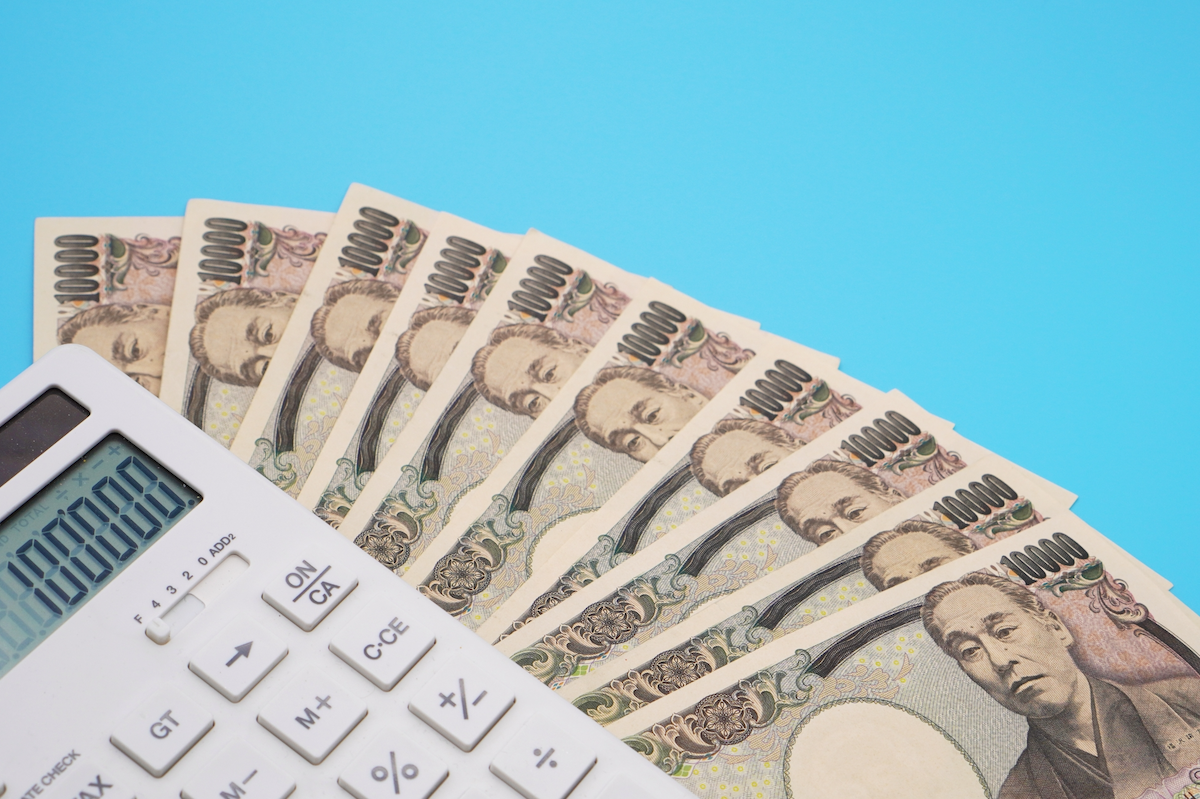
As much as we’d like to imagine being judged purely by the merits of our resume and brightness of our personality, the truth is that appearances DO matter. And in some ways, it’s even more important for English teachers here in Japan, thanks to some aspects of Japanese culture.
This doesn’t mean you need to look like some Greek god or be Zoolander to land a job with an eikaiwa. What it means is that paying just a bit more attention to how you dress and look could REALLY pay off big in your interview. For those of you who may feel not very confident in your fashion sense, check out the following tips for a push in the right direction:
Tip #1: Unless you know otherwise, a suit is always a good bet.
Men look good in suits – that’s why they’re still around and barely changed in over a century. Whether you are a part-time male model, or you don’t even own a mirror, i’ve never seen a guy actually look worse in a suit*. There are a large number of advantages to having a good suit for your interviews:
Versatile:
You can make it more casual by losing the tie, or dress it up in any number of ways.
Standard in Japan:
Suits are still daily wear for a vast number of Japanese men (and women), so wearing one at the very least gives you a professional image. They’re also fairly cheap and suit stores are common in the bigger cities.
It’s better to overdress than to underdress:
You may feel a suit gives you a stodgy image, but wearing one is far better than accidentally dressing too casual. Interviewers often view your outfit as a direct reflection of how seriously you take the interview.
* A suit that FITS, that is. Looking like a 10-year old in his dad’s suit is never ok.
Tip #2: Easy on the bling
Japan is still a fairly conservative country in general, and for public-facing jobs like English teacher, large amounts of jewelry, accessories, or other flashy things are usually not the image they’re looking for. A little bit of individuality is good, but if they can imagine it turning away customers (for example, senior citizens, the parents of child students, or serious professionals) then you’re only hurting your chances. Here’s some points to look out for:
Jewelry:
Limit yourself to just a couple favorites, and keep them fairly tame. A nice watch, ring, or even ear stud could be fine. Keep the chrome skulls and body piercings out of sight.
Cologne:
Honestly, I feel like anything more potent than aftershave is probably not good for an interview. If your interviewer doesn’t like the scent, it sets the tone for their whole appraisal of you.
Tattoos:
OK, so they’re not the certain job killers they once were, but tattoos are still not really considered a plus at most Japanese companies. If possible, cover them up for your interviews and ask about the policy if you move on past the first round.
Tip #3: Looking ‘put together’ is more important.
Eikaiwa aren’t looking for just one ‘look’ in male teachers. Japan has many, many successful English teachers in every body type, height, build, race and complexion. What’s really important is that you (and your outfit) look put together, because what’s outside is taken as a reflection of what’s going on inside. Iron your shirt and tuck it in neatly. Shine your shoes. Get your pants pressed. If anything in your outfit is tattered or has visible holes in it, change it out. These are all fairly subtle things, but go a long way.
Tip #4: The way you dress should take a back seat.
If you can make your outfit look neat, widely acceptable to all kinds of students, but not stand out as a focal point itself (#2), then what happens is the interviewer can focus entirely on you without their opinion being colored by fashion distractions. Avoid really attention-getting points like large brand markings, far out-of-normal colors, or novelty ties. And with any memorable critique of your appearance off the table, you can focus on what will really get the interview in the bag – your personality, and your presentation!
Check out some of our other articles on this site for some tips on how to get ready for your interview questions, demo teaching, and other advice. Good luck!


